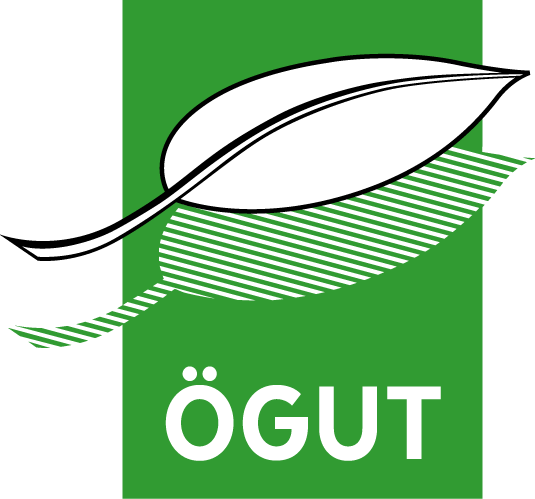
Project
TransformKMU - Transformation and RRI (Responsible Research & Innovation) for SMEs in the Austrian innovation ecosystem
Client BMK via FFG
Status/Duration completed (2024 – 2025)
In Austria, small and medium-sized enterprises (SMEs) are a central component of the economic system. In 2022, 2 million employees generated around 63% of Austria's gross value added with 147 billion euros. Digitalization, especially automation through technologies such as artificial intelligence (AI), is fundamental to maintaining competitiveness. Digitalization processes pose particular challenges for SMEs in particular.
Responsible Research & Innovation (RRI)
In the SME strategy of the EU, competitive sustainability is a guiding principle. The Responsible Research & Innovation (RRI) concept can support companies in structuring their research and innovation activities responsibly, aligning them with the major challenges and generating solutions for them. This concept anchors responsibility as a central value in the research and innovation culture and offers numerous advantages for companies, such as quality assurance, risk management, improved image and reputation, but also new business areas. Barriers to RRI include a lack of skills, resources and incentives, conflicts with fundamental values, commercial interests and a lack of awareness of the concept.
Project objective
The aim of the TransformKMU project was to increase the competitiveness of Austrian SMEs through the increased use of digital technologies, in particular automation through key technologies such as AI, taking into account Responsible Research and Innovation (RRI). The project focused on AI, as it was seen as having particularly high potential, but at the same time it was observed that AI in particular can reinforce inequalities and discrimination and also raises many ethical questions.
To this end, a collection of good practices, a set of arguments including an AI assessment matrix for SMEs, a visualization of the stakeholders in the existing AI ecosystem and a further training concept were developed together with SMEs and a practical test was carried out to provide the necessary know-how.
It turned out that the term RRI is still relatively unknown among companies and only individual aspects are being implemented in companies.
What is required:
- more information on the benefits of RRI,
- practical information on implementation,
- low-threshold public funding and individually prepared content as an incentive.
The good practice companies mostly identify the advantages of responsible and innovative action in terms of competitive advantage, high product quality, great innovation potential, perception as a responsible company in order to open up new customer segments and meet new regulatory requirements. The challenges lie above all in the "time" factor, the necessary investments at the beginning and the necessary participation of employees, as well as in the collection of meaningful data for the use of key technologies.
Research into existing training and further education courses showed that although individual aspects are already being addressed in the companies, the implementation of responsible innovation processes, in particular the involvement of customers in the innovation process and the specific focus on SMEs, are lacking.
The training concept developed in the project covers the following topics:
- Sustainable innovation process
- Inclusive corporate culture and employee management
- Involvement of stakeholders and customers
- Circular economy for sustainable production
- Responsible use of key technologies
